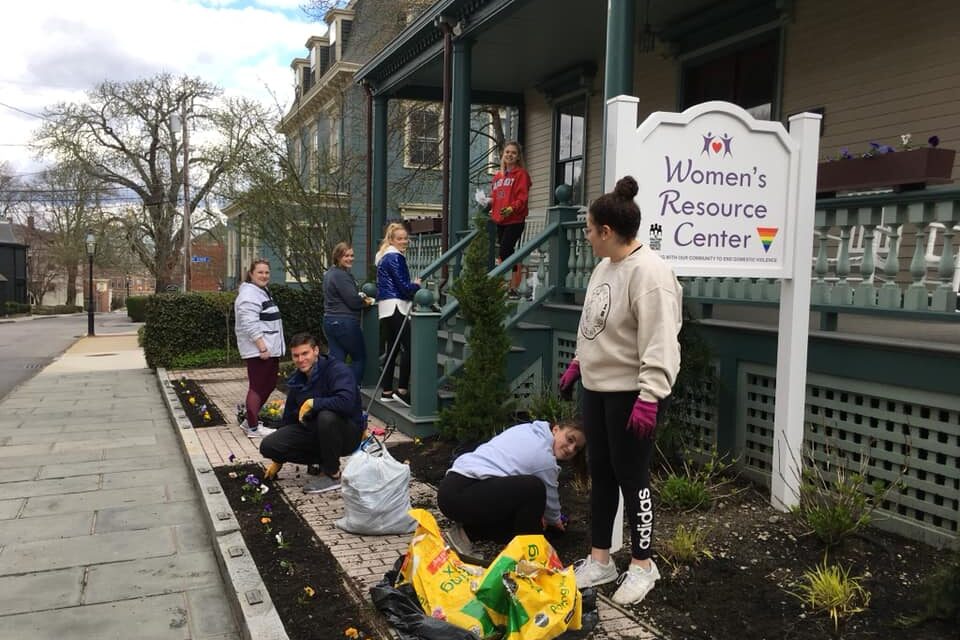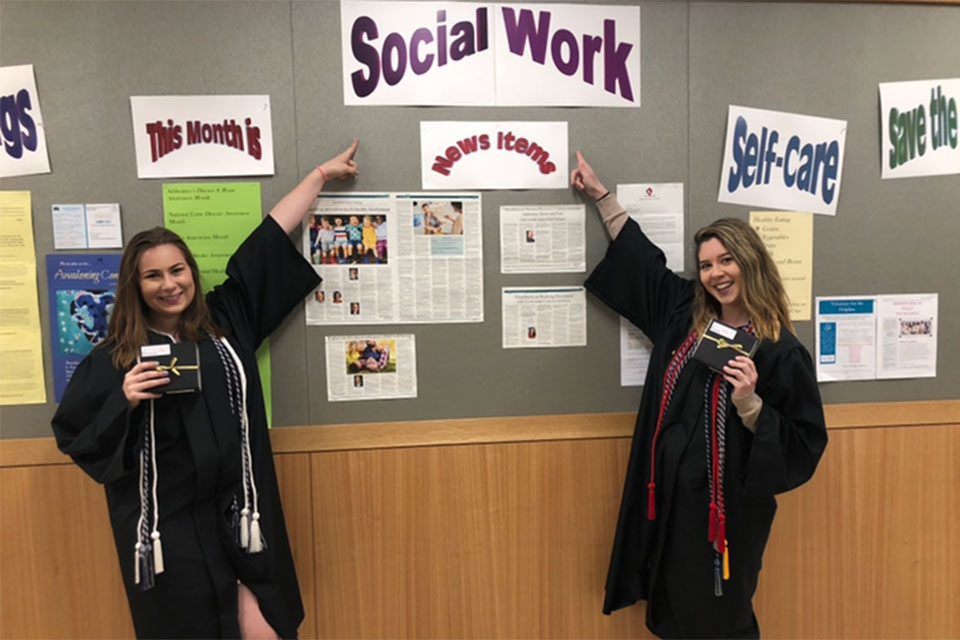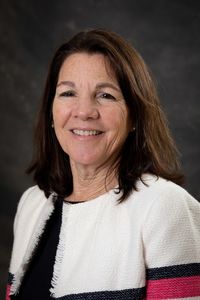Salve Regina’s social work program gains re-accreditation with Council on Social Work Education

The Department of Social Work at Salve Regina has recently been re-accredited by Council on Social Work Education (CSWE) after going through a rigorous process lasting three or more years. Salve Regina’s social work program has been accredited by CSWE since 1984, and this new re-accreditation will last until 2028.
Founded in 1952, CWSE is the national association representing social work education in the United States. There are over 750 accredited social work programs that make up its membership, and there are also individual social work educators, practitioners and agencies dedicated to ensuring high quality social work educational opportunities.
The process of re-accreditation of Salve Regina’s social work program
The CSWE sets the standards for what it means to be accredited as a social work program which include mission, goals, curriculum, diversity and assessment. The council has nine competency-based educational criteria that a social work program must meet in order to maintain its accreditation.
“As a department, we examined every facet of the program,” said Dr. Mary Montminy-Danna, a professor of social work and the chairwoman of the department who has been at Salve Regina for 32 years. “We’re looking at curriculum, we’re looking at who we are … and how we interact with the community. We’re looking at the diversity within the student body, and we’re … assessing whether the goals or objectives we put into the program actually ensure the desired outcome.”
The criteria that each student must walk away from when they graduate from a CSWE accredited program range from the ability to demonstrate ethical and professional behavior; advance human rights through social, economic and environmental justice; implement best policy practices; and assess and evaluate individuals, families, groups and communities for needs, among other competencies.
“Each of these competencies are introduced, reintroduced and reinforced,” said Montminy-Danna. “The faculty as a whole look at, ‘How do I make sure that I’m purposely, thoughtfully exposing my students to these competencies so they have an opportunity to make progress towards them?’”
View this post on Instagram
Many people—including students, alumni, administrators and an advisory committee in social work—were all involved in the re-accreditation process. The social work program had to write a large self study to submit to the CSWE, and then a representative from CSWE came to the school to do a site visit where they spoke to various groups. They then made a determination based on Salve Regina’s qualifications.
The current accreditation went incredibly smoothly, according to Montminy-Danna. “We have such richness in all those groups; they represented our program so beautifully,” she said. “I want to credit all my predecessors, because what we have has been built up over time.”
Salve Regina’s social work alumni speak out about their experience
Salve Regina’s undergraduate program for social work is intentionally built so that students graduating don’t need to get a master’s degree but can immediately start working in the field – although many do go on to get a master’s degree eventually.
Tressie Fretschl ’18, who was originally a nursing major, was one of those Salve Regina students who fell in love with the social work program while attending Salve Regina, got her bachelor’s degree in social work and has been working in the field since graduating. Fretschl currently works in the Department of Children and Families Services in Massachusetts, and she credits her ability to succeed in a social work setting to her educational time spent at Salve Regina.

Tressie Fretschl ’18 (right) celebrating graduation from Salve Regina in 2018 with fellow social worker major Katherine Blair ’18 (left).
“I think that the social work department was so phenomenal and was … able to not only help me as a student in an academic setting, but also was able to help me foster my own self in a professional setting,” said Fretschl. “The department does require that you do an internship both your junior year and your senior year, so having that actual clinical experience … was so helpful being out in the real world as a social worker.”
In fact, students get 660 hours of internship experience while at Salve Regina. Many social work programs across the country do not require internships for two full years, and this significant difference of direct hands-on experience is what actually drew Cameron Mas ’18 to Salve Regina’s program when she was looking to become a social worker.
“Even freshmen year, I was asked to do about 30 hours of service within the community, so they started exposing you very early on to see if something that you’re really serious about,” Mas explained. “You do go step-by-step within the program, and you get to the point of being a working professional with the help of the staff at Salve.”

Cameron Mas ’18 (second on the left) with fellow Salve Regina social work majors at the Women’s March in Washington, D.C. in January 2019.
Mas herself quickly jumped into the field after graduating for about a year before going on to get a master’s degree in social work, and now she works as the social worker care coordinator for a hospital near Boston, Massachusetts. “Social workers do a lot more than you’d realize,” she said. “We can do policy work, we can do direct practice work—there’s something out there for everyone.”
Montminy-Danna is proud of the social work alumni that have passed through the doors of Salve Regina, and she is excited about the healthy size of the incoming class for the 2020-21 academic year.
“The alumni are gems, and they are out there really representing the social work department and our school really so beautifully,” Montminy-Danna concluded. “People are recognizing the world needs more social workers, especially at a time where there is so much disruption around the globe.”
Featured photo is of social worker majors helping out at the Women’s Resource Center in Newport, Rhode Island, in April 2019.


